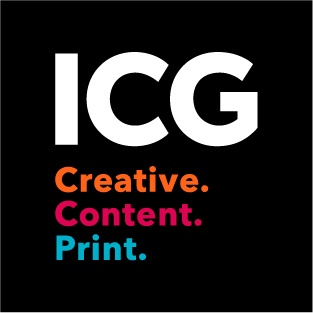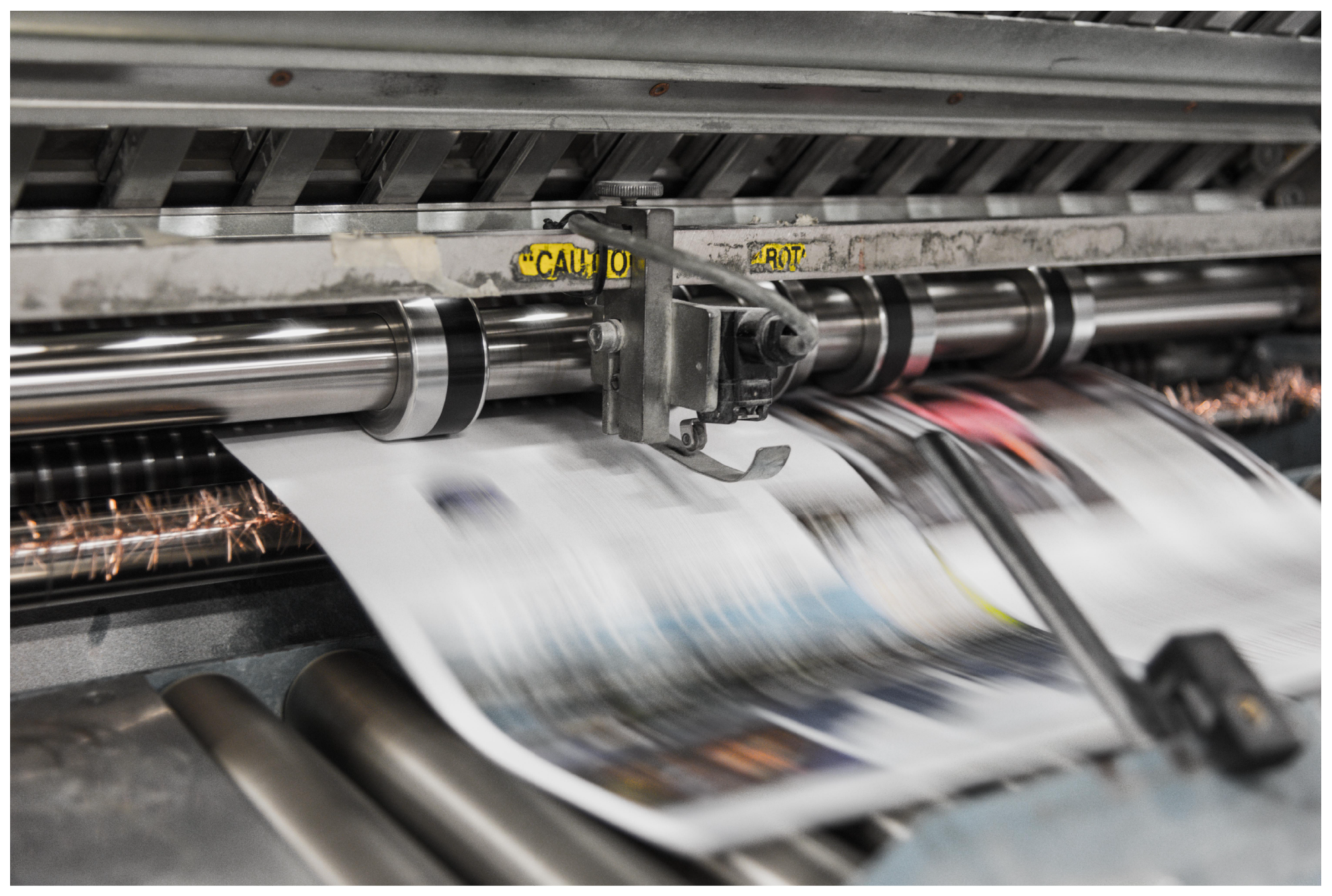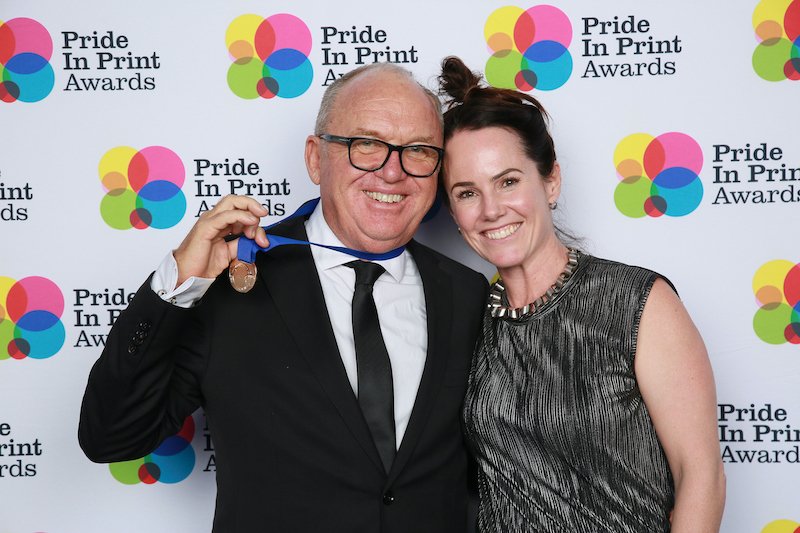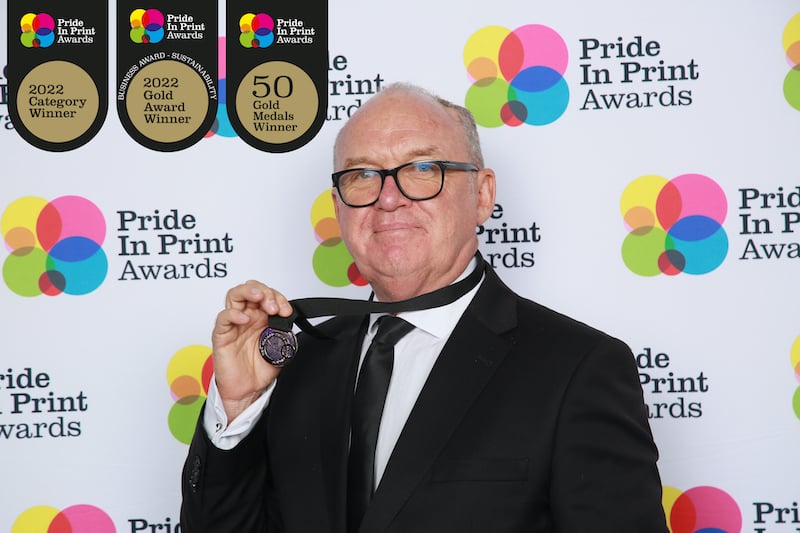 ICG
ICG
Is virtue signalling a smart way to demonstrate brand relevance, or a seriously risky business?
Just in case you’ve been living under a rock (and, incidentally, probably need a shave) Gillette created a media firestorm last month with their latest commercial. Titled ‘We Believe: The Best Men Can Be’, the ad shows men shutting down sexual innuendo, intervening in fights, and promoting ‘positive masculinity’.
Within 48 hours, the ad had been viewed more than four million times on YouTube. Gillette was lavished with praise, bombarded with accolades, and hailed for making a serious effort to effect social change. Numerous Twitter users posted about shedding tears as they watched it.
However…
The brand was also bashed, berated and boycotted for ‘shameless profiteering’, ‘emasculating’ men, and labelling an entire gender with the sexist, violent sins of a few."I'm a toxic male,” one particularly snarky commenter posted, “but now I've been lectured to by a sanctimonious bore in a razor advert, I've been converted to feminism. Bravo!”
So what to make of all this?
While it’s too early to say whether this particular ad was a runaway success or an own goal, Gillette isn’t the first big brand to court controversy through virtue signalling. Both Nike’s Colin Kaepernick ad and Pepsi’s disastrous Kendall Jenner clip attempted to ride the wave of powerful activism stirred up by the Black Lives Matter movement (with markedly different results). Clearly, there’s a right way and a wrong way to harness the power of virtue signalling.
There’s also a bigger argument going on about whether it’s the place of brands to speak up at all on social issues.
In the ‘Yes’ corner: virtue signalling enhances brands’ relevance and relatability.
The balance of power between corporations and customers has shifted. In the past, brands controlled the flow of information – they shouted, consumers listened. But in today’s technologically supercharged society, it’s not so simple. Consumers have a voice, and the ability to be louder than ever before thanks to the power of social media and connected online communities.
More importantly, those consumers are increasingly making choices based on their beliefs. PR expert Mark Borkowski called the Gillette advert a “fantastically well-thought through campaign" geared towards a younger generation who are all too aware of the power that brands and advertising has on society. “It is no longer enough for brands to simply sell a product, customers are demanding that they have a purpose – that they stand for something,” Borkowski said.
According to a 2017 Cone Communications study, 87% of millennials will purchase a product because the brand aligns with an issue they care about. The importance of paying attention to what customers value – then portraying your brand to align with those values in a way customers identify with – is Marketing 101, after all. Many Millennials are all about wearing their virtues on their sleeves, so what’s the harm in doing the same?
In the ‘No’ corner: virtue signalling can alienates as much as resonate, and brands should butt out.
The thing about relatability, when we’re talking social issues, is that you can’t relate to everyone. Activism is inherently polarising, and while Millennials reward brands they see as ‘virtuous’ with open wallets, they also avoid brands they don’t agree with. 76% of them will refuse to purchase a company’s products or services if it supports an issue that goes against their beliefs.
There’s also a backlash against this kind of advertising, and arguments that brands wading into activism harm rather than help. Should buying a razor make you feel like you’re fighting sexism if you haven’t actually done anything? Conversely, should your razors come with an unwanted bonus package of ‘correct’ beliefs?
Maybe there’s some middle ground?
The debate about virtue signalling in marketing seems almost as controversial as the issues brands are leapfrogging. So what can we make of it all?
Our resident experts have a few insights to offer:
- If you’re going to campaign on social issues, focus on values rather than virtues.
ICG’s Marcus Hawkins-Adams draws a clear line of distinction between ‘virtue signalling’ and ‘value signalling’. There’s a subtle – but identifiable – difference in flavour between an advertisement that simply states ‘We stand for X’ and one that compels the consumer to do the same (because it is ‘just’ and ‘right’). Perhaps it’s possible to get the benefits of virtue signalling without the angry backlash by staying in the territory of ‘values’ – but being strong, assertive and uncompromising in your messaging.
- Only say something if it’s relevant – and remember, your brand is probably less relevant to consumers than you think.
It’s one thing for Gillette to be campaigning on toxic masculinity – their brand is all about men. Their tagline is literally “The best a man can get”. There were plenty of reasons why Pepsi’s Black Lives Matter ad was so poorly received – but a key factor was that complex issues of life, death, fear, racism and law enforcement really can’t be linked to cold cans of fizzy and Kendall Jenner’s abs.
If you can’t find a credible way to pair your brand with the issue in question, you’re basically that person that loudly interrupts conversations at a party because you like the sound of your own voice. Nobody likes that person.
- Make a commitment – empty words won’t cut it.
Media strategy expert Christian Dawson, pondering the issue of virtue signalling on LinkedIn, says he senses “an emerging cultural cynicism towards shallow, self-serving virtue signals.” While he agrees that you can grab a quick handful of likes by jumping on bandwagons, in his view it’s a shallow strategy. Consumers can tell the difference between brands that ‘really’ walk the talk, and those that are just good at making the right noises.
ICG’s own branding genius, Roger McDonnell, agrees with Dawson: “The key to success is authenticity. The customer will spot a phoney a mile away.” Demonstrating a genuine commitment generally means taking real-world, meaningful action. Gillette, for example, has pledged to donate $1 million a year for three years to non-profits empowering positive masculinity.
Only time will tell if they make it all back selling razors to socially aware Millennial men.
After all, there’s an anti-plastic movement in full swing at the moment (and plenty of brands getting in on the action).
Subscribe to Email Updates
Embracing the tangible power of print
Posted at 14/08/2023 10:37:51 AM
Molly Woppy and SCG: Partnering for Environmentally Friendly Packaging
Posted at 21/06/2023 10:29:22 AM
SCG bestowed with Sustainability Award
Posted at 27/06/2022 12:37:27 PM
Award winning print
Posted at 22/06/2022 5:14:32 PM
Soar Print and ICG have merged, creating Soar Communications Group (SCG)
Posted at 7/01/2022 12:02:59 AM
Award winning print
Posted at 22/06/2022 5:14:32 PM
Soar Print and ICG have merged, creating Soar Communications Group (SCG)
Posted at 7/01/2022 12:02:59 AM
SCG bestowed with Sustainability Award
Posted at 27/06/2022 12:37:27 PM
Embracing the tangible power of print
Posted at 14/08/2023 10:37:51 AM
Molly Woppy and SCG: Partnering for Environmentally Friendly Packaging
Posted at 21/06/2023 10:29:22 AM





